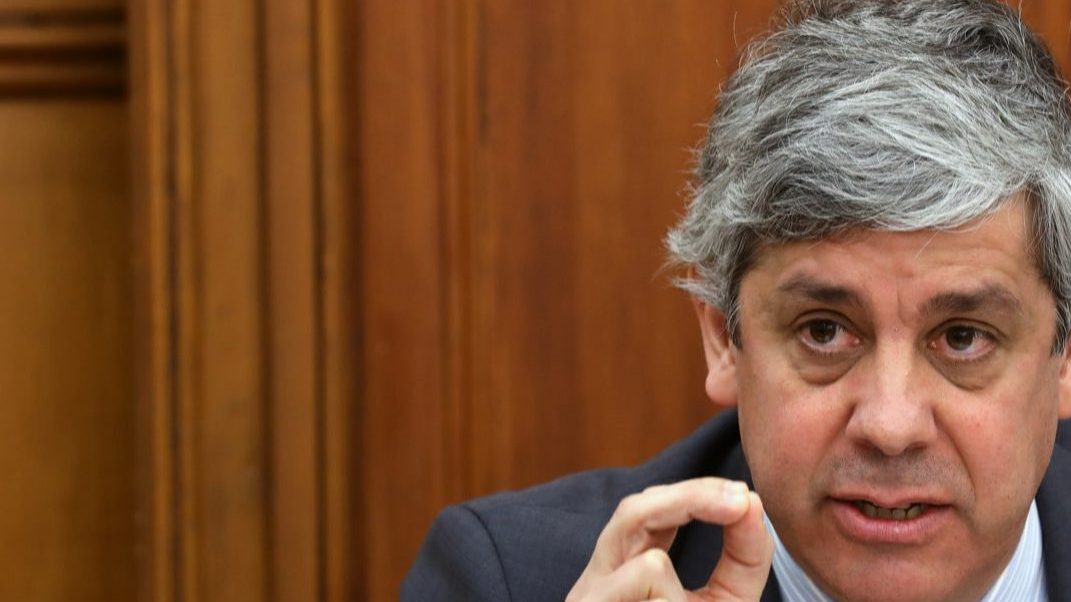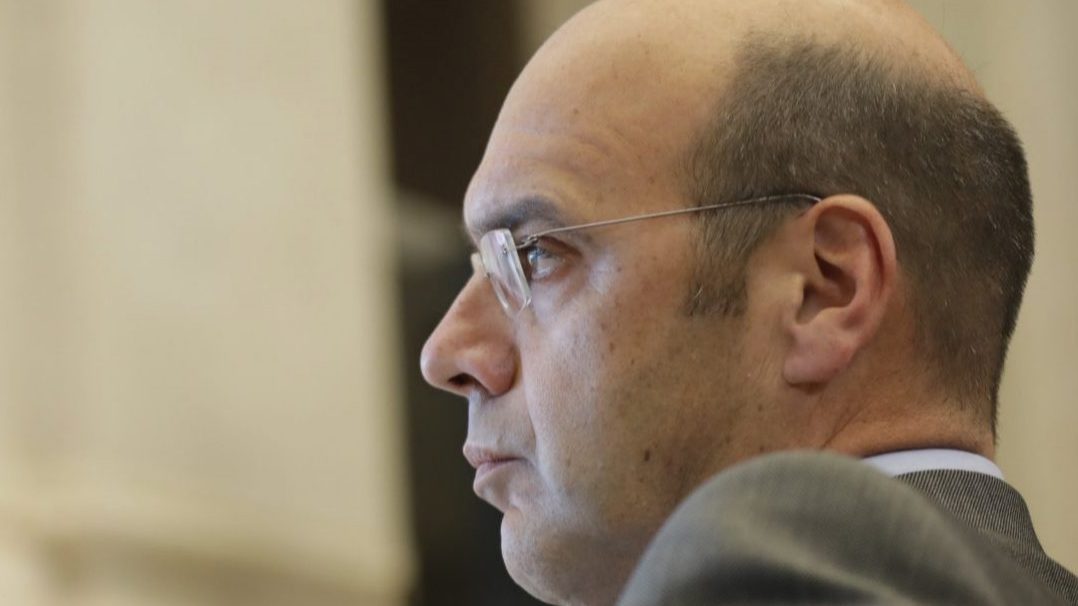Government approves tax benefits to Bosch and Bial for 74 million euro investment
Bosch and Bial will each invest a total of 74 million euros in research projects in industry and health. Around 50 workers will be hired.
The government has approved tax incentives for Bosch and Bial, which together want to invest 74 million euros and hire about 50 workers. The approval of the minutes of the investment contracts was published this Monday in the Diário da República.
The investments in question are not new, but only now are the contract minutes approved. The government has given the green light for the 26.3 million euro investment support Bosch will make in the “Factory Of The Future” project to develop “industrialization, production and quality control solutions for new systems, products and components for the automotive industry,” reads the decree.
With this project, which will be done in partnership with the University of Minho, Bosch commits to hire 31 new staff with higher qualification than level VI, while the institution will host 69 research fellows and seven new staff, with qualification equal or superior to level VII.
On the Bial side, the investment is higher and amounts to around 48 million euros. In this case, the company will carry out “clinical and non-clinical studies to identify the therapeutic potential of new compounds in the areas of the central nervous and cardiovascular systems, to determine their pharmacodynamic, pharmacological and clinical effects and to evaluate their safety and efficacy profile,” states the ordinance.
The objective of this project called “Cardiomet&SNC,” is “to introduce innovative drugs in the world market.” And, as with Bosch, Bial will also hire: 12 new workers will be recruited with a level of qualification equal to or higher than VI, as well as a total of 57 Bial jobs and an increase in the company’s staff of highly qualified technicians dedicated to R&D of new drugs in the coming years.
In exchange for these investments, the Government will grant tax incentives, which are not specified in the decrees but which are usually granted in the form of corporate income tax. The diplomas state that each of these projects benefits from European support under the Compete 2020 and “meets the conditions necessary for the granting of financial incentives for large investment projects.”


